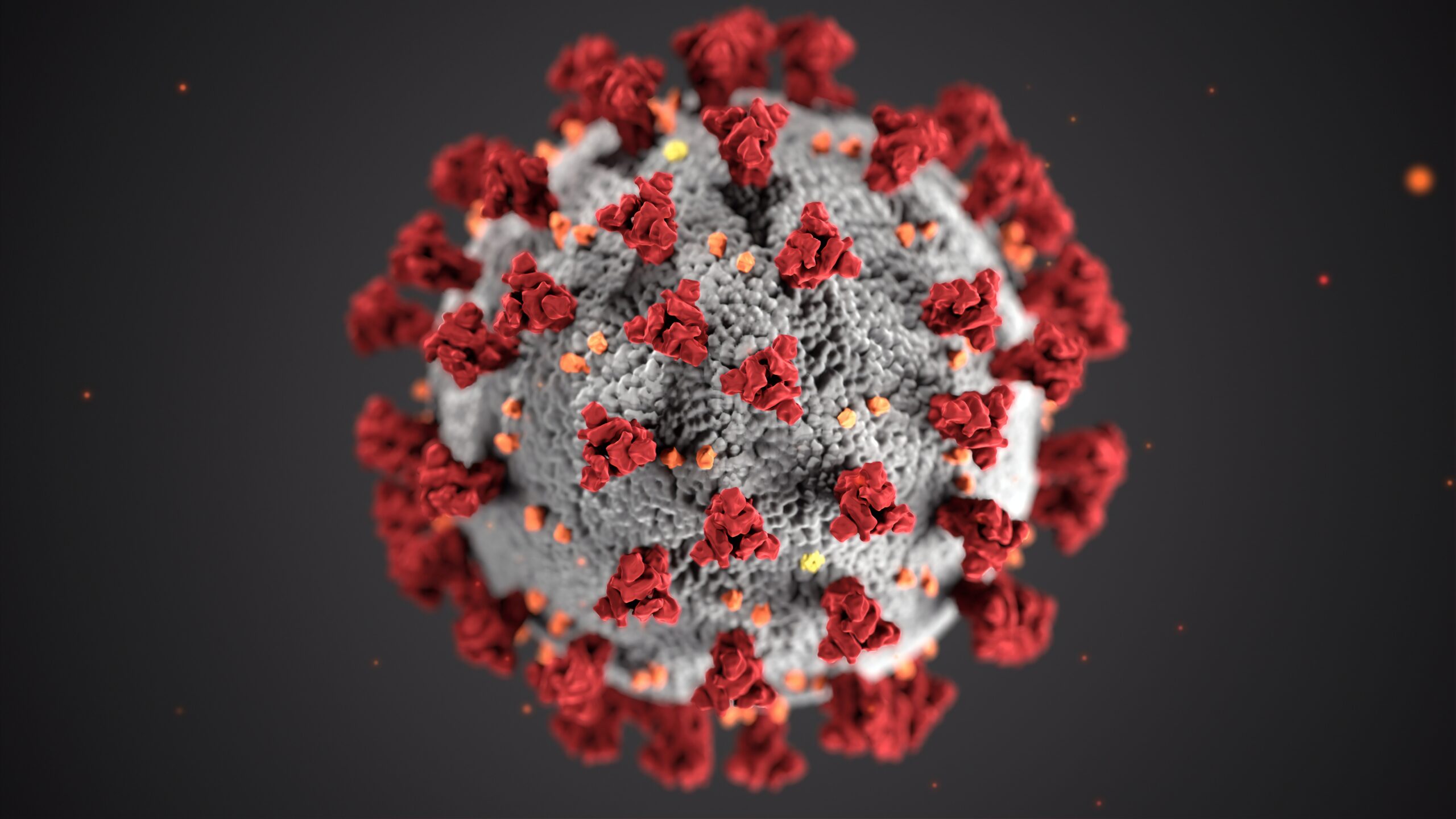
One morning in December 2020, homemaker Shobha (who asked to be identified by her first name only) woke up with a numbness and a tingling sensation in her legs, and discovered she could not get up from the bed. Having just recovered from a high fever, the 58-year-old assumed the weakness was the aftereffect of medicines. Shobha was made to undergo several tests and scans. She recalls being injected with several medicines and could hear the doctors talking about a rare condition, all of which only increased her anxiety. The doctors eventually informed Shobha that she was diagnosed with Guillain-Barre syndrome (GBS), a rare autoimmune disease.
Shobha, who lives with her husband and son in Whitefield, Bengaluru, panicked and called her husband who took her to hospital, where she had to be admitted to the ICU.
Shobha had to say admitted in the hospital for three months. That was followed by five months of visits to a physiotherapy centre and regular medical follow-ups from home for three more months.
“I took almost one year to recover and return to normal life,” Shobha told Happiest Health. “It was a nightmare, and I could hear the doctors talking to my family about my condition, but I couldn’t even speak as I had lost control over my tongue. I could sense that my face muscles were not in control, and I realised that I had Bell’s palsy [which causes temporary weakness or paralysis of the muscles in the face]. I spoke to the doctor while stammering and asked him what had happened to me? And why did it happen to me?”
Shobha was clueless about GBS until the doctor told her and her family about the disease.
What is Guillain-Barre syndrome?
Dr Murali Chekuri, a neurology consultant at Manipal Hospital, Vijayawada, said GBS is an autoimmune disease in which the immune system attacks the nerves triggered by an acute bacterial or viral infection.
“So, initially, it begins with a tingling and a weakness starting in the feet and legs and spreading over the upper body and arms,” he said.
What triggers GBS?
Dr Chekuri says, “The acute bacterial or viral infection triggers the immunity cells which causes an infection that leads to Guillain-Barre syndrome. Anyone can develop GBS, but people over the age of 50 are at the greatest risk. About two-thirds of GBS patients had diarrhoea or respiratory problems days or weeks before the onset of symptoms. Usually, any respiratory infection can trigger GBS.”
According to WHO, GBS is potentially life-threatening. People with the syndrome should be treated and monitored; some may need intensive care. Treatment includes supportive care and some immunological therapies. Severe cases of GBS are rare but can result in near-total paralysis. It is a rare condition, and while it is more common in adults and in males, people of all ages can be affected.
Signs and symptoms of GBS
Dr Chekuri said weakness in both legs and hands in an ascending manner (weakness initially starts in both legs followed by arm weakness) was among the signs and symptoms of GBS. “Affected persons may have difficulty walking, climbing stairs, getting up from the squatting posture, turning around in the bed. They may feel the sensation of pricking of pins and needles in their toes and fingers. Transient urinary retention may occur. In 3-5 per cent of cases if there is no intervention at the proper time or if not treated in the proper way, mortality may occur.”
Treatment for Guillain-Barre syndrome
He said there are two commonly used treatments. “One is plasma exchange (PE, also known as plasmapheresis),” Dr Chekuri said. “The other is high-dose immunoglobulin therapy (IVIg). If started within two weeks of the onset of GBS symptoms, both treatments are equally effective, but administration of immunoglobulins is easier. Neurologist doctors can identify this disease very early, and they can treat in an appropriate way. There are no particular preventive measures for the syndrome, but early detection and appropriate treatment are crucial for survival. People take about three to six months to recover from GBS.”
















One Response
GBS not only affects one physically, it does take a huge toll on one’s mental health. It does take a lot of self motivation along with the right treatment for a full speed recovery. Thank you for this information.